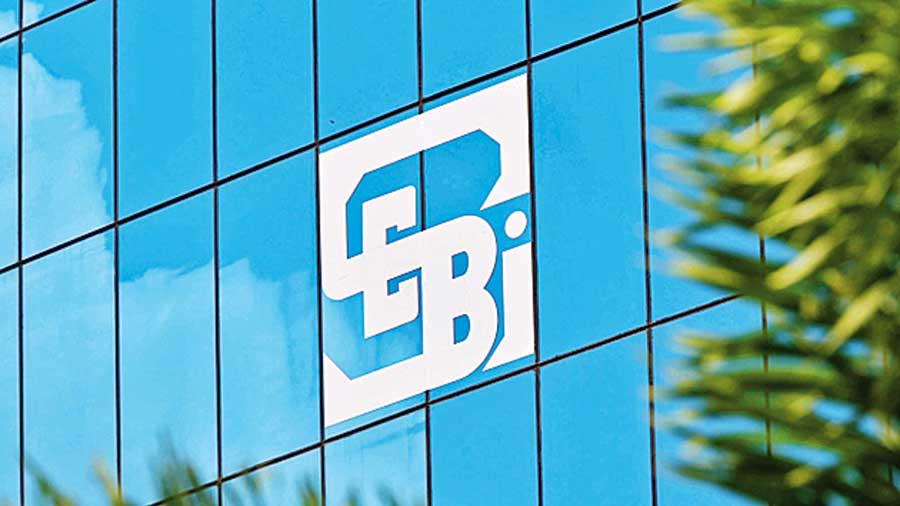Capital market regulator Sebi is expected to release a fresh circular on the valuation of perpetual bonds following the Centre seeking a revision of the rule to mark them over a 100-year period.
The finance ministry had asked Sebi to drop the valuation formula but retain the prudential investment limits for mutual funds invested in these securities.
The buzz is the Securities and Exchange Board of India (Sebi) may adopt a calibrated approach by first asking the fund houses to value them as 10-year bonds and gradually increase it to 100 years over a certain time-frame.
Another option being talked about is to reduce the 100-year stipulation to 40 years, which is the longest dated tenor in the domestic markets at present.
Such a step would not only reduce the steep valuation losses compared with the 100-year option but also answer the government’s concern that no benchmark exists for its present proposal.
The market regulator’s circular had invited a surprise reaction from North Block: the department of financial services (DFS) asked Sebi to withdraw the directive to treat the bonds as 100-year tenor.
The finance ministry fears the absence of a 100-year paper will hurt the valuations of these bonds at a time banks need capital support and the government hard-pressed to support them given its weak finances following the pandemic.
However, the market regulator has not yet revised parts of the circular though it has time till March 31 to do.
Reports say Sebi has defended its circular before the government. The market regulator is understood to have communicated to the government that these bonds are riskier in nature from the standpoint of the investors.
The 100-year valuation may impact borrowing costs or yields of these bonds but the step will not kill the market, the capital regulator had told the government.
Perpetual bonds or additional tier-1 (AT-1) bonds which are generally issued by banks — such bonds are permitted under Basel III norms — to shore up their capital. The bonds offer high interest rates and are popular with debt mutual funds, but they carry more risk.
For instance, the issuer can even skip coupon payments in case of certain adverse events or they can even be written-down if a bank’s common equity tier 1 ratio falls below a certain threshold. The bonds have a call option which enables the issuer to buy them back at a fixed interval of say five or ten years when the principal is repaid.
Since these instruments are perpetual in nature, debt mutual funds currently value them to the call option date.
Sebi’s directive would mean they will have to be valued at 100-year maturity which will lead to lower valuation of these bonds in the portfolio of mutual funds.
Banks fear this will reduce their popularity among fund houses leading to an uptick in their yields and raising the cost of borrowings by banks.
Rating agency Icra has said in a report that at higher interest costs the fund houses may become choosy in picking up the perpetual bonds.
“With constraints on investment limits, the funds may even become more selective in taking fresh exposure, which could mean that certain banks, despite a higher issuance cost in relation to their credit profile, may find it difficult to raise capital through these instruments in the desired quantum,’’ the rating agency added.
According to Icra’s estimates, the total stock of AT-I bonds outstanding is Rs 1.03 lakh crore as on February 28, 2021, of which 70 per cent have been issued by PSU banks. Mutual funds hold 70 per cent of the AT-1 bonds in the market.
After Sebi came out with the circular, banking stocks have been under pressure with the Nifty Bank index falling around five per cent.











